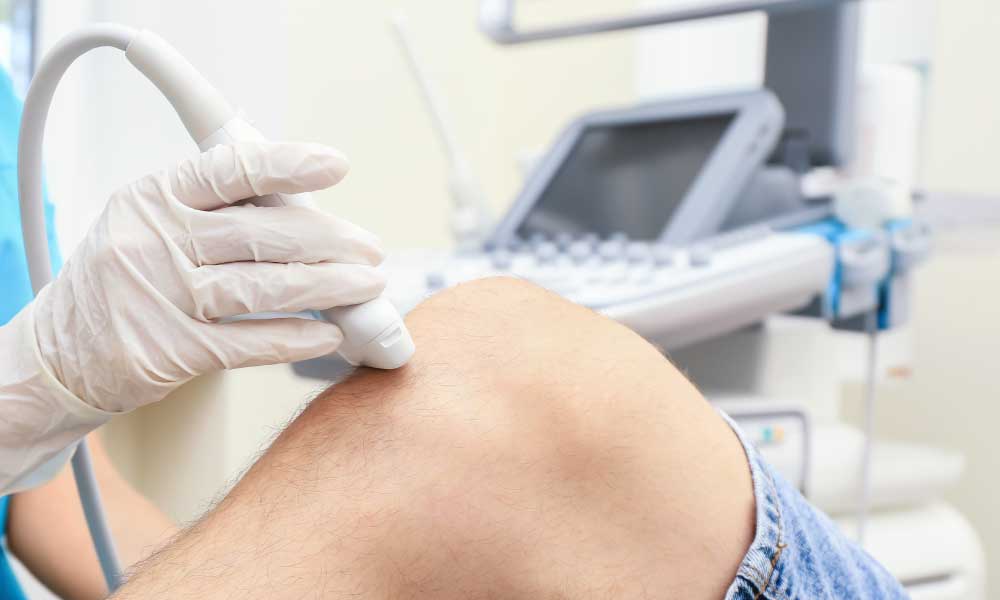What is the fastest way to cure a stomach ulcer?
Everyone must have at least an episode of mouth ulcer. Having this alone makes you have a hard time eating as usual and can cause you to be moody. Imagine this, the same ulcer but inside of the stomach. You may be thinking that it is not as serious as mouth ulcer as it is the ulcer inside of the stomach which logically may not cause much pain but imagine having this for a very long time. You may even end up with a perforated stomach due to the splitting open of the stomach. Good thing is, it is quite rare. However, it is still essential to treat stomach ulcers and be careful when eating food or taking medication. One of the medications that is safe for stomach ulcer to reduce pain symptoms is Arcoxia 120 mg.
Stomach ulcer is defined as sores in the lining of the stomach. It is also known as gastric ulcer or peptic ulcer. The same kind of ulcer may affect the small intestine known as duodenal ulcers. Stomach ulcer is a result of the digestive juice including the stomach acid damaging the wall of the stomach. In normal people, the thick layer of mucus protects the stomach acid from affecting the stomach wall and production of stomach acid is in normal amounts. Hence, stomach ulcer is due to the thin protective layer of the stomach wall or overproduction of stomach acid.
There are a number of causes that could lead to stomach ulcers. Common ones include bacteria and painkillers. Bacteria such as Helicobacter pylori raise the amount of the stomach acid and damage the protective layer of the stomach wall. It is unsure how a person can get this infection but it is stipulated due to contaminated food or from close contact with other people such as from kissing. Ironically, the bacteria is actually harmless to most people but it is certainly unknown why some people are susceptible to the bacterial infection. Painkillers such as non-steroidal anti-inflammatory drugs (NSAIDs) are the common cause for stomach ulcers. Examples of NSAIDs that are linked with stomach ulcers are ibuprofen and aspirin. It is important to note that not everyone that takes NSAIDs will have stomach ulcer because these medications lead to stomach ulcer when it is taken for a long time or at high dose.
Symptoms of stomach ulcer may look different to one person and another depending on the location and a person’s age. Some may not even have any symptoms until the stomach ulcer leads to complications such as bleeding from ulcer or unspecific symptoms that are associated with other medical conditions such as heartburn and indigestion. The most significant symptom of stomach ulcer is burning pain between the belly button and below the ribs. The pain may last from minutes and up to hours. The pain symptom often gets intense on an empty stomach. A person may feel relieved from the pain after taking antacids but it will come back and go in days or weeks. Other symptoms such as indigestion, heartburn, loss of appetite, bloated feeling, burping, vomiting or vomiting blood and even blood in stool or dark coloured stool can be symptoms of stomach ulcer. Since there are many symptoms of stomach ulcer and can be confused with other medical conditions, a person noticing any symptoms related to the disease should seek medical advice.
Stomach ulcers may cause different degrees of pain and discomfort. One thing for sure, when a person is diagnosed by a doctor with a stomach ulcer, they would want to find the fastest way to cure it. Unfortunately, to heal stomach ulcers is not as easy as healing mouth ulcers. Most cases of stomach ulcer heal in months, usually within 4 to 8 weeks after treatment begins. This entirely depends on the size and severity of the stomach ulcer.
Stomach ulcers are usually treated based on the causes. If it is caused by bacterial infection, a combination of antibiotics will be prescribed by doctors to help eradicate the bacteria. If it is caused by a painkiller, the doctor will suggest the patient to either stop taking it or change it to another pain reliever that does not lead to worsening of the stomach ulcer. Apart from treating its causes, doctors usually give other medication to help speed up the recovery process. This could be from giving antacids with or without alginate (this ingredient helps to produce protective layer on the lining of the stomach) to help neutralise the stomach acid from causing further damage to the stomach wall and or proton pump inhibitors/ H2-receptor antagonist medicine to reduce production of stomach acid.
In essence, there might be no fastest way to cure a stomach ulcer. What a person can do is to follow the doctor’s advice and use medicine as instructed by the healthcare provider while allowing the stomach ulcer to heal. What they can do to help fasten the healing process is:
- to practise healthy eating habit of eating plenty fresh fruits and vegetables
- avoiding foods that could worsen the symptoms such as acidic, spicy and fatty food
- avoid drinking alcohol and stop smoking
- learn to manage stress and get quality sleep
- consider taking probiotics such as eating yoghurt, kimchi and tempeh




